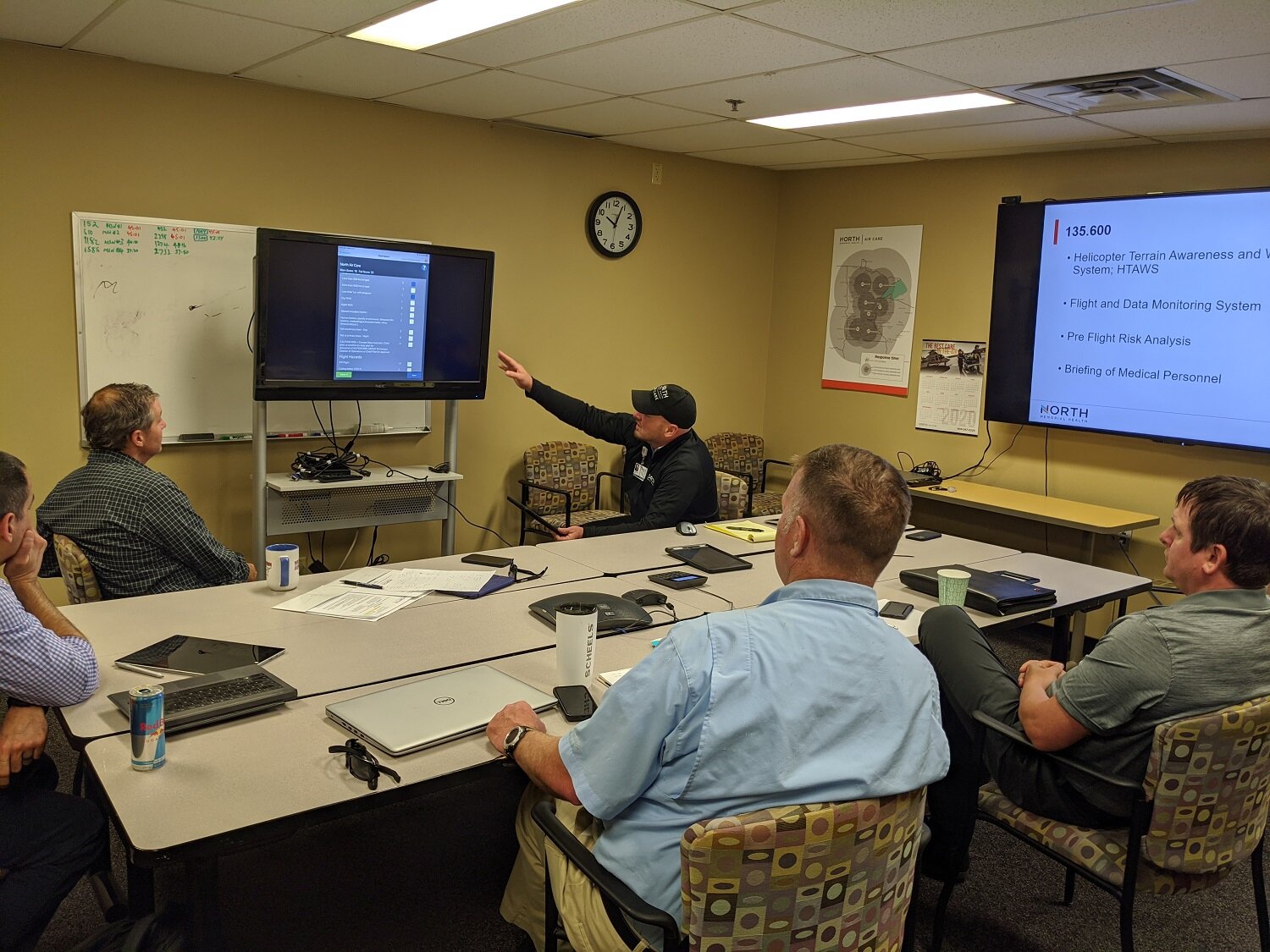Don’t Blame Peter
We probably all know someone that has excelled in their career and eventually got promoted into a role that they just could not seem to figure out. Maybe that person is you. There is a good chance that they were a victim of a management concept known as the Peter Principle that was developed by Laurence Peter. While the name of this concept may not be familiar, you have probably heard of someone being “promoted to their level of incompetence” and that is what the Peter Principle attempts to explain.
A Handover is Not Training
All too often, when someone assumes a role with new or bigger responsibilities, they are given some type of “handover” of duties. Sometimes this is a ceremonial passing of digital files and old emails or just getting the office keys and a handshake. Even worse, sometimes there is nothing at all because there is an expectation that if you mastered your current position and you showed “leadership potential” then you will just figure it out.
Your organization is failing you if this is allowed to happen.
I am reading a book titled Radical Candor by Kim Scott and she briefly mentions the Peter Principle in an early chapter. She explains that many employee assessments tend to focus on a person’s leadership potential as if it is an up-or-out path and tend to reward performance and potential with a promotion that an employee may not even want. There is nothing wrong with being what Kim calls a “rockstar” which is an experienced expert that forms the foundation of a team; pushing them up too hard or too fast can be a mistake.
Pro Tip: As a leader you must find a meaningful way to reward these foundational team members in ways other than promoting them above their abilities or desires and setting them up for misery and failure.
Training can take place in a traditional classroom or even one-on-one, but it needs to go beyond just a one-way conversation. It must be immersive and ongoing.
To bring this back to my typical aviation theme, just because someone is a great pilot with the most flight hours does not mean they will make a great Chief Pilot. Just because someone has been the Chief Pilot a long time does not mean they will thrive as the Director of Operations or even want to perform the tasks required.
The key to making sure the right people are promoted at the right time is understanding the motivations and personal situation of each employee. Do not make assumptions. Have a conversation with them.
Before you make the decision to promote someone in your organization you must commit to providing them with the training and mentoring they will need to transition and succeed in the long run. Make sure it is immersive and do not make them ask for it.
Even better, after their training you can help them network and find a mentor that can be by their side for the months to come. It is a small investment and will make all the difference.
All these points also apply if you are being considered for a promotion. If training and mentoring will not be available to you it may be best to pass and stay in your current role or find a new position somewhere else that wants you to succeed.
More Reading:
Share Below
At VyClimb, part of our mission is to lead the aviation industry and the companies it serves to an elevated level of operational excellence to create greater stakeholder confidence. For more information or to discuss ways we may be able to help you please contact info@vyclimb.com.

